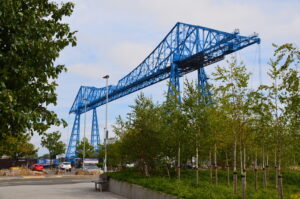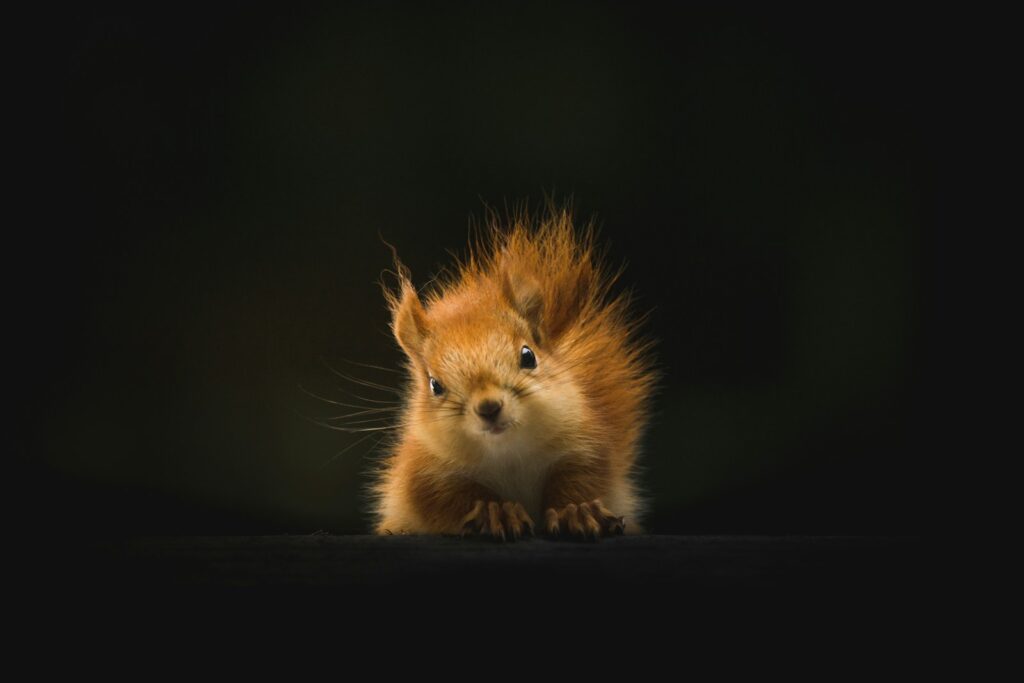AI ‘scours’ wildlife photography for signs of climate change
A new imaging tool could be used to train artificial intelligence models to spot clues as to how the planet is responding to increasing extremes.
The system is designed by a group of international scientists, including researchers at the University of Edinburgh, University College London [UCL], UMass Amherst, iNaturalist and the Massachusetts Institute of Technology [MIT]. It is hoped INQUIRE, a new image tool, could help develop wildlife analysis algorithms and improve the speed of in-depth assessments based on content.
Focusing on citizen science and photo sharing website content, the tool could scan publicly available photos and conduct millions of analyses, mining image banks for signs of climate change captured in real time. Information could include dietary changes of certain species, population health, and new interactions and transactional relationships between types of animals and plants.
‘The thousands of wildlife photos uploaded to the internet each day provide scientists with valuable insights into where different species can be found on Earth. However, knowing what species is in a photo is just the tip of the iceberg,’ said Dr Oisin Mac Aodha, Reader in Machine Learning. ‘These images are potentially a hugely rich resource that remains largely untapped. Being able to quickly and accurately comb through the wealth of information they contain could offer vital clues about how species are responding to multi-faceted challenges like climate change.’
‘This careful curation of data, with a focus on capturing real examples of scientific inquiries across research areas in ecology and environmental science, has proven vital to expanding our understanding of the current capabilities of current AI methods in these potentially impactful scientific settings,’ added Dr Sarah Beery, Assistant Professor at MIT. ‘It has also outlined gaps in current research that we can now work to address, particularly for complex compositional queries, technical terminology, and the fine-grained, subtle differences that delineate categories of interest for our collaborators.’
More climate change and net zero:
Contracts signed on Teesside East Coast Cluster carbon capture and storage
Building decarbonisation will fail without whole-life carbon accounting
Image: Geranimo via Unsplash

















